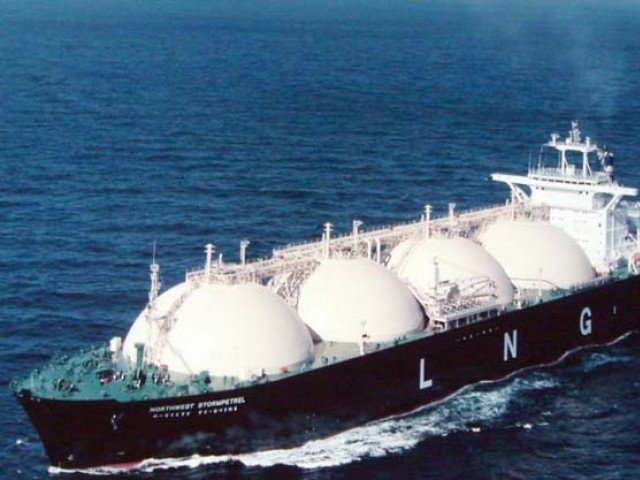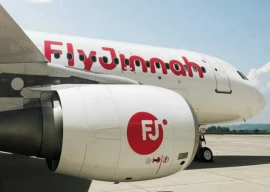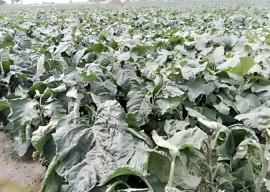
The Cabinet Committee on Energy (CCOE) has approved a report of the sub-committee that recommended the allocation of pipeline capacity for liquefied natural gas (LNG) imports on a three-month rolling basis.
A meeting of the cabinet body was held under the chairmanship of Federal Minister for Planning, Development and Special Initiatives Asad Umar on Monday.
The CCOE approved the report of the sub-committee constituted by the CCOE vide its decision taken on January 18, 2021 regarding allocation of pipeline capacity to new LNG terminals, with the aim of encouraging investment and providing a level playing field for the LNG terminals.
In a meeting held earlier, the CCOE had decided that in order to provide a fair and level playing field for the new LNG terminals, the existing available capacity in the pipeline would be allocated to any applicant, including CNG stations, which met the requisite criteria for a three-month rolling basis till such time the new terminals achieved commercial operation date.
The CCOE’s approval is aimed at providing an equal opportunity for all sectors, including CNG filling stations, to use the pipeline capacity.
The Petroleum Division informed that it had received various correspondences from the CNG sector, stating its willingness to import LNG as per the model approved by the Economic Coordination Committee (ECC).
It raised the issue of discrimination in the allocation of available pipeline capacity vis-a-vis new LNG terminals on the grounds that as per the natural gas Third-Party Access (TPA) Rules 2018 and network code, its application was entitled to the allocation of capacity on first-come-first-served basis.
The CCOE decided that in order to provide a fair and level playing field for new LNG terminals, the existing available capacity in the pipeline would be allocated to any applicant, including CNG stations, which met the criteria for three-month rolling basis till such time the new terminals achieved commercial operation date.
The CCOE, in its meeting held on January 18, 2021, had approved the constitution of a sub-committee under the chairmanship of minister for planning, development and special initiatives to deliberate on issues regarding allocation of pipeline capacity to new terminals and formulate recommendations.
The Power Division submitted a summary on the payment mechanism and the agreement with independent power producers (IPPs). The summary was based on the output of implementation committee that was constituted to convert the memorandums of understanding (MoUs) with the IPPs into legally binding agreements.
The committee completed its task and agreed on a detailed implementation mechanism with all the IPPs. Power Division secretary briefed the committee on salient features of the agreements and other details.
He said that the agreements would result in significant savings over the life cycle of these projects, as envisioned in the MoUs. The committee approved the summary with recommendations to send it to the ECC and cabinet for their approval.
The Power Division requested the CCOE’s approval for ratification of a mistake made in previous summaries submitted to the energy body in meetings held on February 27, 2019 and August 28, 2019, whereby three companies were erroneously included in two different categories at the same time.
The committee took a serious view of the matter. The ministry was asked to rectify the mistake immediately and extend full facilitation to the private investors.
Published in The Express Tribune, February 9th, 2021.
Like Business on Facebook, follow @TribuneBiz on Twitter to stay informed and join in the conversation.


















COMMENTS
Comments are moderated and generally will be posted if they are on-topic and not abusive.
For more information, please see our Comments FAQ